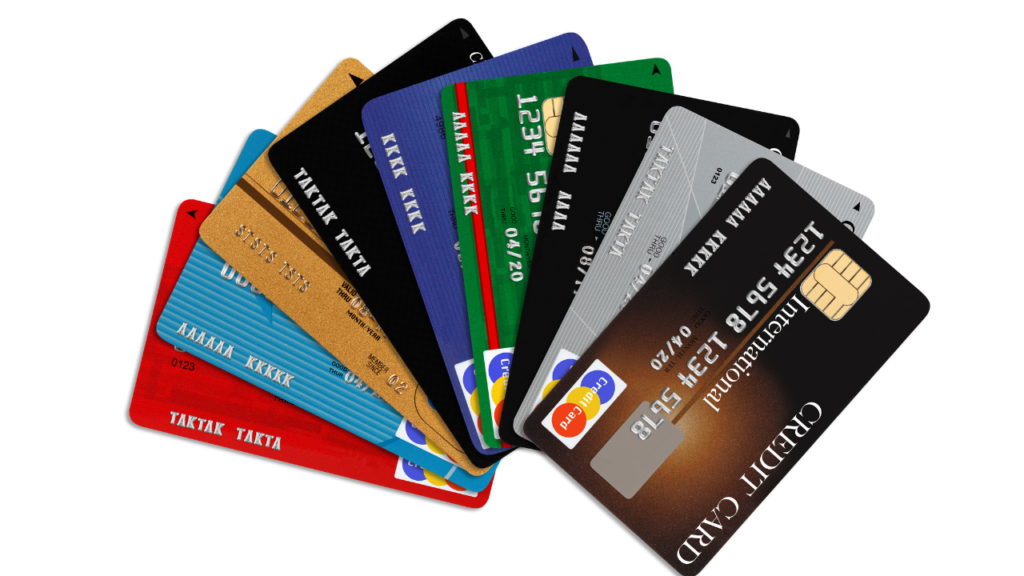If you want to Build credit with bad credit and improve it, you need to know that it is a never-ending process.
Building or repairing your bad credit history can simplify connecting with potential creditors, landlords, and employers.
Additionally, people with bad credit (FICO score range: 300 to 579) may benefit from using a card explicitly developed for them.
Why Building a Credit Score is Important?
Your credit score is a significant indicator of your financial health. It helps lenders decide your eligibility for a loan and under what terms.
You may get loans with favorable interest rates and repayment schedules if you have a strong credit score.
But if you have a bad credit score, it may be challenging to borrow money, or you may be forced to pay exorbitant interest rates and significant fees to obtain it.
Considering this, it is a good idea to start building credit now and keep it reasonable throughout your life.
It is conceivable that you should start doing so even before you are in a scenario where you need it.
Your chance to get financing in the case of a crisis or other financial need is directly linked to the strength of your credit record and score.
Let’s look at some of the most effective strategies to increase your credit score to access a broader range of financial opportunities.
How Does Credit Work?
Your credit begins with your credit report, which records all your current and previous credit accounts. These accounts include credit cards, vehicle loans, and mortgages — in short, any money you have lent from anybody and whether or not you have paid it back on deadline.
Experian, Equifax, and TransUnion are the primary credit companies that keep these reports updated with data provided by financial institutions such as banks, credit card companies, and other lenders.
Because a credit report is only a list of accounts and information, lenders and their collaborators have created algorithms to convert the piece into a numerical score. This is where a credit score develops.
There are a variety of credit scores available, but for this article, we will concentrate on the FICO scoring technique.
This is because FICO scores are the most popular credit score lenders use. The Fair, Isaac, and Company formula for determining credit scores was first developed, and it is from it that the FICO score derives its name (FICO).
FICO uses the following ranges to assess a person’s credit scores:
- Excellent: 800 or above
- V. Good: 740 to 799
- Good: 670 to 739
- Fair: between 580 and 669
- Poor: 579 or below
Your FICO score can be challenging to be eligible for the best loan rates and conditions. However, a higher score can simplify applying for any loan and a mortgage.
What Exactly Is a Bad Credit Score?
A bad credit score is below 579 on the FICO scale. And it may happen due to various factors and can negatively affect your finances.
Bad loans, missed card payments, and obtaining so many credit cards can significantly impact your credit score.
Additionally, if you have been the victim of credit card fraud or theft, your credit score may also take a knock. This will make it harder for you to qualify for the financial services and products that you need.
Things like apartment renting, credit card applications, and mortgage financing become more complicated if you have bad credit.
Fortunately, there are more tactics for building credit using a credit card. Described below.
When Should You Apply for A Credit Card?
You can use credit cards to build credit with bad credit often has fewer restrictions to fulfill to qualify and generally comes with several benefits that help build credit.
A few of these services may also include access to your credit score at no cost or for a limited price and credit monitoring.
When used sensibly, credit cards for individuals with bad credit are a viable option, especially when:
-
When it comes to rebuilding your credit
People with a history of making credit errors may have a more difficult time being approved for a typical unsecured credit card or a credit card with various bonuses and incentives.
Secured and unsecured credit cards designed for those with poor credit often have minimal credit score criteria for acceptance.
Choose a credit card that stands out in its category, use it responsibly (by making payments on time and maintaining your credit utilization ratio low), and you should ultimately be able to “upgrade” to a better credit card.
Remember that if you have bad credit and use an unsecured credit card, you may be liable to higher interest rates, fewer perks, and higher annual fees.
-
When you are new to building credit for yourself
Because there are fewer requirements associated with bad credit cards, they are typically accessible to those with bad or no credit (there are also great cards offered to those with no credit history).
If you’re a student looking to establish credit, you could do better with one of the many student credit cards available instead of a secured credit card since they cater to your specific needs.
If you are not a student but are still trying to familiarize yourself with the credit system, you can qualify for a starter credit card with more lenient conditions and a means of building your credit record.
Alternatives of Credit Cards that Help You Build Credit
Building credit is best accomplished via the appropriate use of credit cards; however, there are other solutions than this.
If your credit score isn’t where it needs to be (many credit cards geared at individuals with low scores are rapacious), or if you’re not prepared to shoulder the responsibility of using a credit card appropriately, it’s often in your best interest to build your credit without using a credit card.
In either case, individuals who want to boost their credit score but don’t want to use a credit card may choose from a large number of viable alternatives, i.e.,
-
Apply for a loan that helps develop credit.
When someone’s credit isn’t good enough to get them accepted for a credit card, but they still want to improve their credit score, a credit-builder loan may be a beneficial tool.
When you apply for a loan to develop your credit, the money for the loan, typically between $300 and $1,000, will be deposited into a secured account, which you will only be able to access after a while.
You will be required to make a preset payment each month until the whole balance of the loan has been repaid. At that point, you will get the money. Since each of your payments will be recorded to the three major credit bureaus, your credit score will surely enhance as time passes.
-
Pay back a previous loan.
You may boost your credit score by repaying an existing loan, such as a car or college loan, making your payments on schedule, and paying off the whole monthly sum.
The lender will record each payment made toward the loan to the various credit agencies.
In contrast, defaulting on a loan or failing to make timely payments might severely impact your credit score.
Have more queries about building credit with bad credit? Feel free to contact us by e-mail or look for us on Facebook.



